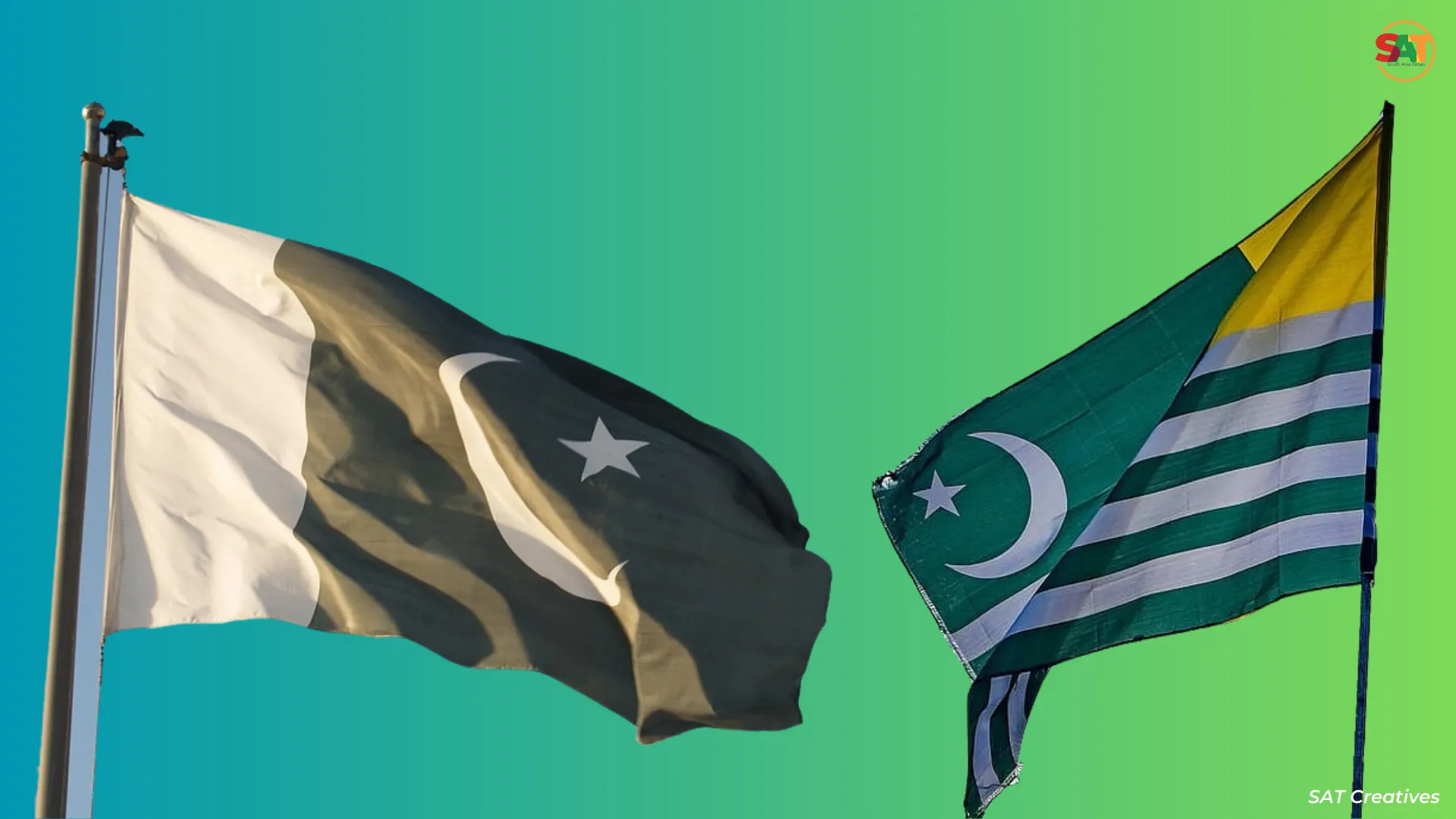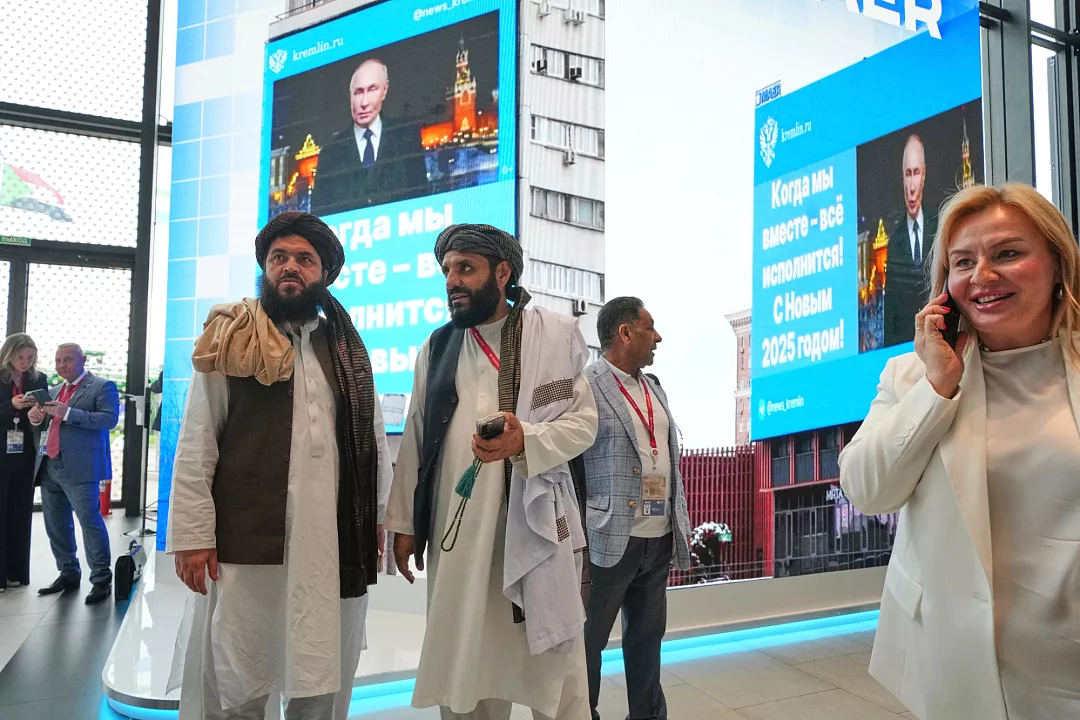It is ironic that the Indian state now inflicts suppression on the people of Kashmir during the month that the nation celebrates as a month of independence. The revocation of the special status of Kashmir through the annulment of Article 370 and 35A of the Indian constitution has virtually turned the Indian occupation into an annexation.
The Indian suppressive model in IIOJK is similar to that of Israel which has, by force, made Palestine, and particularly the Gaza Strip, as the largest open-air prison.
Despite broadcasting it largely as an internal matter, India’s attempt to diffuse the conversation and resolve the Kashmir issue met with minimal results. The issue has transformed from being a bilateral matter between Pakistan and India to an international one. Different states have shown concern over Indian actions in IIOJK. This shift occurred due to the deteriorating human rights situation, the imprisonment of political leaders, and the imposition of a curfew in the region. For example, both Turkey and Malaysia criticized Indian actions in IIOJK and stressed upon the peace process and negotiations.
Both of these states have also raised the issue in UN General Assembly sessions. Similarly, Iran’s Supreme Leader, Grand Ayatollah Sayyid Ali Khamenei, asked India to adopt a ‘just policy’ towards the people of Kashmir and Muslims in the region. However, regional SAARC countries and major Gulf states, including KSA, UAE, and Bahrain, refrained from criticizing Indian actions. They labeled it as India’s internal matter. Gulf states, in particular, asked for the peaceful solution of this bilateral issue.
The Global Stage
The global actors like the US, the UK, EU and Russia all emphasized on the peaceful solution of the issue. The US, the UK, and the EU specifically expressed concern about human rights violations and communication shutdowns. Meanwhile, Russia labeled the action as consistent with the Indian constitution. Overall, while the international community criticizes India for its gross violations and atrocities, India’s efforts to portray the Kashmir issue as a bilateral dispute receive little attention. Since 2019, the basic understanding of Kashmir as a bilateral issue has been lacking in contemporary discourse. Most international actors now view Indian actions in IIOJK as part of ultra-ideological Hindutva tactics against minorities across the country.
Also See: Pakistan’s Foreign Minister; ”Dialogues with India only Possible if Situation in IIOJK Improves.”
From Bilateral Dispute to Ideological Struggle
Pakistan emphasizes that comparing the atrocities committed in IIOJK with the BJP’s overall anti-Muslim stance in India should be avoided. The communal violence in UP, Karnataka, Assam, and other regions reflects the BJP’s exclusionist policies. The international community should address these policies. However, it is crucial to consider the issue of IIOJK in a regional context. This context differs from India’s internal situation and has the potential to disrupt the regional status quo and peace.
To deflect this notion, India has allowed its citizens to avail the domicile of IIOJK. Along with this attempted demographic change, India has also outlined a new media policy to promote a positive image of Kashmir to attract tourism and investments. The land policy allows the state to sell land to private investors, primarily non-Kashmiris. Additionally, India attempted to declare Hindi as an official language of Kashmir. If successfully implemented over a prolonged period, these steps could enable India to completely reverse the historical aspects of IIOJK, which could have significant consequences for both Pakistan and the Kashmiri Muslims in the event of any United Nations plebiscite.
Since August 05, 2019, Kashmiri Muslims live in fear and distress. The fear is for their identity, their degradation as second-class citizens and reshaping of Kashmir’s history.
Steps taken by India on August 05 were a major setback for Pakistan, however, these developments have exposed India. Today, although India is consolidating its relations with both East and West, nonetheless, it is facing criticism for its atrocities in Kashmir. Such a scenario would inevitably hamper India in pursuing its ambitions of becoming a major world power. Such aggressive steps are also fracturing India’s internal unity. The exclusive identity of Hindutva has resulted in the persistent attacks on Muslims and other religious denominations. The horrific Manipur incident is just one dark example. The extremist mindset that has engulfed the Indian state have trickled down to the society which would, in a longer run, weaken the Indian state.
Pakistan’s Strategy on IIOJK
Pakistan, on its part, must maneuver a 4-tier strategy on IIOJK. First, Pakistan must continue to diplomatically raise the Kashmir issue with other states and in relevant international organizations. It is imperative to keep the IIOJK issue as a bilateral one. Otherwise, as observed, it is currently being treated as an internal human rights issue of India. Second, Pakistan must approach the human rights organizations to highlight the deteriorating and miserable conditions of IIOJK Muslims and their harsh treatment by Indian security forces. In this way, Pakistan can muster the support of a wider international community.
Third, Pakistan must now explore the legal options. Since the very beginning, the Kashmir issue has been promoted as an ‘unfinished agenda of partition’ and aligned with Islamic ideology. Given that India has clearly violated international law and UN resolutions that restrict any actor from changing the status of Kashmir, Pakistan must work on the legal options available.
Lastly, Pakistan needs to keep supporting the Kashmiri Muslims and through diplomatic channels, it should keep the spirit alive. The spark of freedom and self-determination that is ignited in the people of Kashmir must not be blown away by the oppressive measures of India so that, the indigenous struggle by the Kashmiri Muslims remain intact.
The views expressed in this article are the author’s own. They do not necessarily reflect the editorial policy of the South Asia Times.




![Afghan men search for victims after a Pakistani air strike hit a residential area in the Girdi Kas village, Nangarhar province on February 22, 2026. [Aimal Zahir/AFP/Getty Images]](https://southasiatimes.org/wp-content/uploads/2026/02/gettyimages-2262391441.webp)

